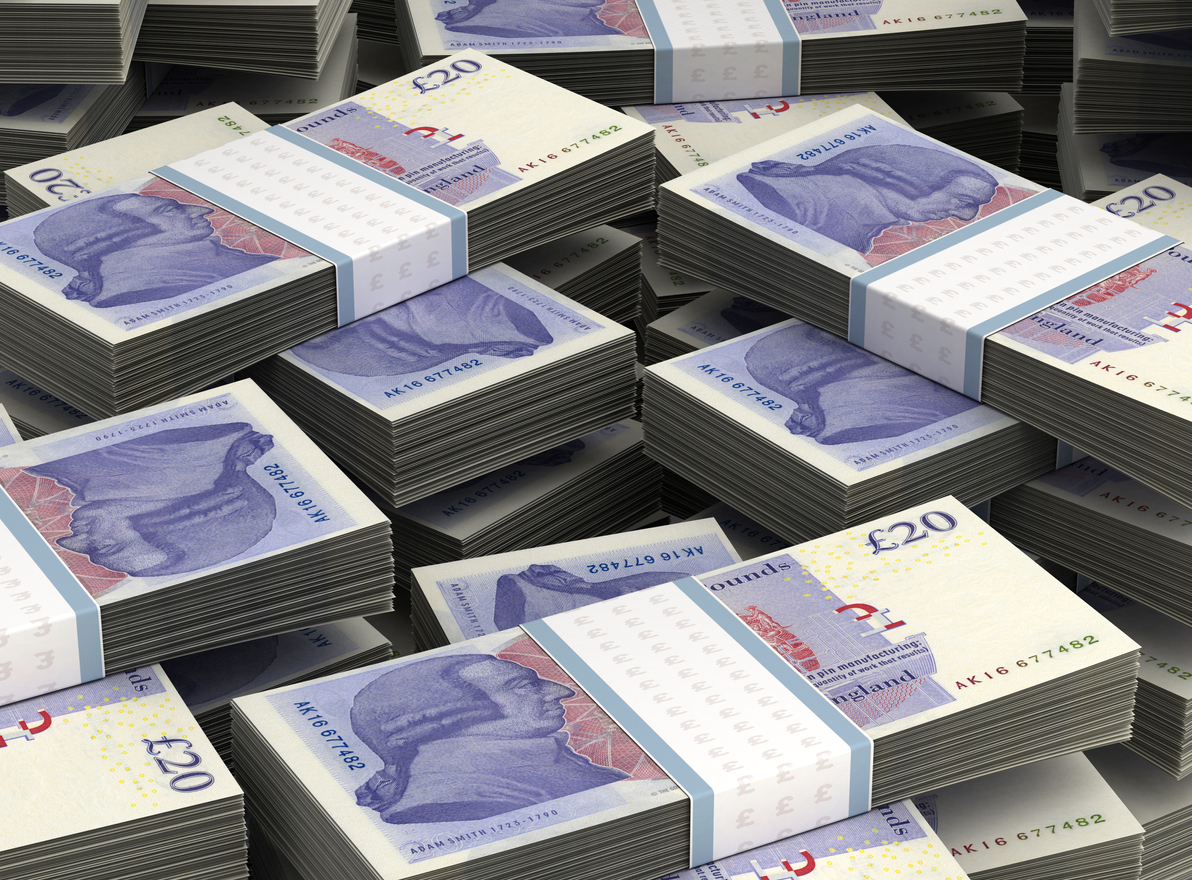
Millions, billions, and even trillions now make the headlines, but what do all those zeros really mean, and what will they buy?
You may think you know your billion from your trillion, but it’s not quite so simple. Take some quick UK definitions:
- One billion is 1,000 million – 1,000,000,000. Pre-1974, the UK meaning of one billion was one million million.
- One trillion is normally taken to be 1,000 billion – 1,000,000,000,000.
Just as the definitions have changed over time, so has the impact of ‘one million’ – it is no longer as impressive a figure as it used to be. For example:
- In the UK, just over three million of the population are already millionaires (if their private pension values are included). This fact was highlighted in a report issued at the end of 2020, which examined the possible introduction of a one-off wealth tax to cover the government costs incurred during the pandemic.
- £1 million does not buy that much in the way of income in 2021:
- At age 65, £1 million will currently fund an inflation-proofed pension of around £2,250 a month, or £27,000 a year before tax. Following the recent Budget freeze, the pension standard lifetime allowance remains at only £1,078,100 for the next five years.
-
- Placed on deposit at the Bank of England base rate (all of 0.1%), the interest on £1 million will only be £1,000 a year. Even the best instant access account would only pay £5,000 a year.
-
- £1 million invested in the UK stock market would generate annual dividend income of £33,500, based on the historic yield on the FTSE All-Share Index.
Billions has replaced millions in the headlines over the past year to report the government’s pandemic-driven spending and borrowing. Once all the data is in for 2020/21, the government is expected to have borrowed around £400 billion over the past 12 months. That’s £6,000 for every one of the 67 million people in the UK. That will take some repaying: even adding 1p to all income tax rates would only raise slightly under £7 billion a year.
Trillions are rare in a UK context, but currently, £2.1 trillion is a key figure: it is roughly both the size of the (shrunken) UK economy and the total (expanded) government debt.
So, what do all the zeros tell you? Firstly, retiring comfortably probably costs much more than you thought. Secondly, with that overall debt figure, you should look to your own financial planning to cut your tax bill, as the government cannot afford to do so.
If you are interested in discussing the above with one of our experienced financial planners at FAS, please get in touch here.
The value of your investment and the income from it can go down as well as up and you may not get back the full amount you invested. Past performance is not a reliable indicator of future performance. Investing in shares should be regarded as a long-term investment and should fit in with your overall attitude to risk and financial circumstances.





